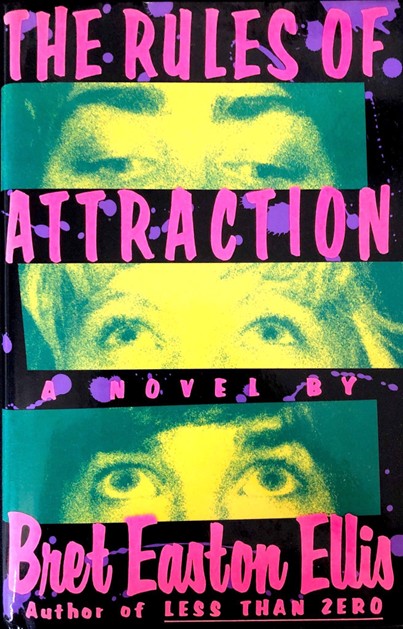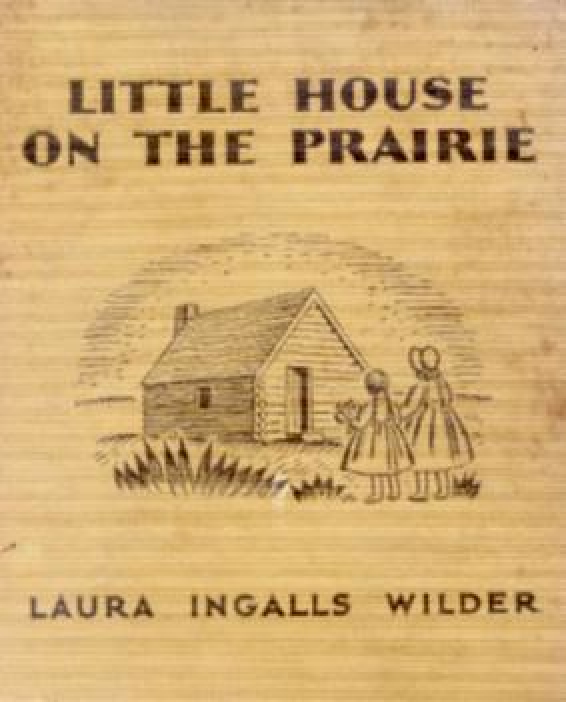Owning a culture is problematic. That is one of the fundamental flaws of white power. Many of the authors we read as editors believe witnessing, visiting and experiencing implies ownership. For example, because I was there for the birth of my child does not mean I can speak for – or rather, own – the female experience of childbirth. Likewise, just because someone watches Disney’s Coco and takes a trip to Cancun does not certify them as Mexican. That is to say, when a white author speaks with a voice of ownership as it pertains to another culture and then filters that ideal through the lens of power, that text inherently becomes whitewashed. As readers of a prominent literary journal, in a white majority slush pile, we are forced to endure countless assimilationist submissions.
We enter whitewashed universes that promote the constant fetishization of Asian culture via the “spiritual” white experience of yoga. How can an entire story base itself around yoga and not include one minority character? We wander across western plazas with characters whose described appearances could only be explained as caricatures of Native American culture. Likewise – like a broken record – the white, middle-class, high-school character arc seems to be the most common basis of plot. Perhaps, these high-brow narratives have stepped away from the brown boyfriends being hyper-masculinized and the black boyfriends toxically sexualized. However, exoticizing a minority student to give the white, middle-class, high school character the identity they so desperately crave is arguably just as toxic.
White authors, can you please stop going on vacation! Editors cannot take the magic of your inherently white experience in these places. Unless you are writing commentary about characters at Burning Man or Coachella, take a pass on appropriating someone else’s culture and romantically writing about your inauthentic, mixed tribe, pseudo-Native head dress and howlite (fake turquoise) jewelry. Remember, just because you went to a Native American casino does not classify you to be the voice of Andrew Jackson’s Trail of Tears.
This does not mean you should include a simple disclaimer – I AM A WHITE MALE or FEMALE OF PRIVILEDGE AND AM ABOUT TO SPEAK FOR MEXICAN FEMINITY – that is immediately abandoned; rather, write with the awareness that the culture you are writing about is something that is shared with you. You do not own it. You cannot manipulate it. And you will never sell it as purely authentic. Acknowledge that your experience is true, only for you, not for the collective culture. Therefore, if you ever visit Jamaica you do not become the owner of the Rastafari voice and you do not have to come back smoking weed, wearing beanies, and growing out your dreads. Be authentic to yourself and I will not forget after I visit The Wizarding World of Harry Potter in California that I did not attend Hogwarts and I am not of English descent.
The real issue seems to be fear. Minority authors are afraid they will be avidly rejected because of the last names on their submissions, and often that still happens. However, as it comes to journals you would actually be proud to have your work in, editors welcome authors’ voices that are not inherently cursed with the colonial complex. On the other spectrum, most white authors believe that without a minority culture they wouldn’t have a culture of their own. Yet, too often this fetishization and exoticization leads to unconscious assimilation. Minority authors, it is time to lose your fear and just PRESS SEND. Save future readers and editors from insurmountable submissions filled with cultural appropriation and let us hear your voices instead.



